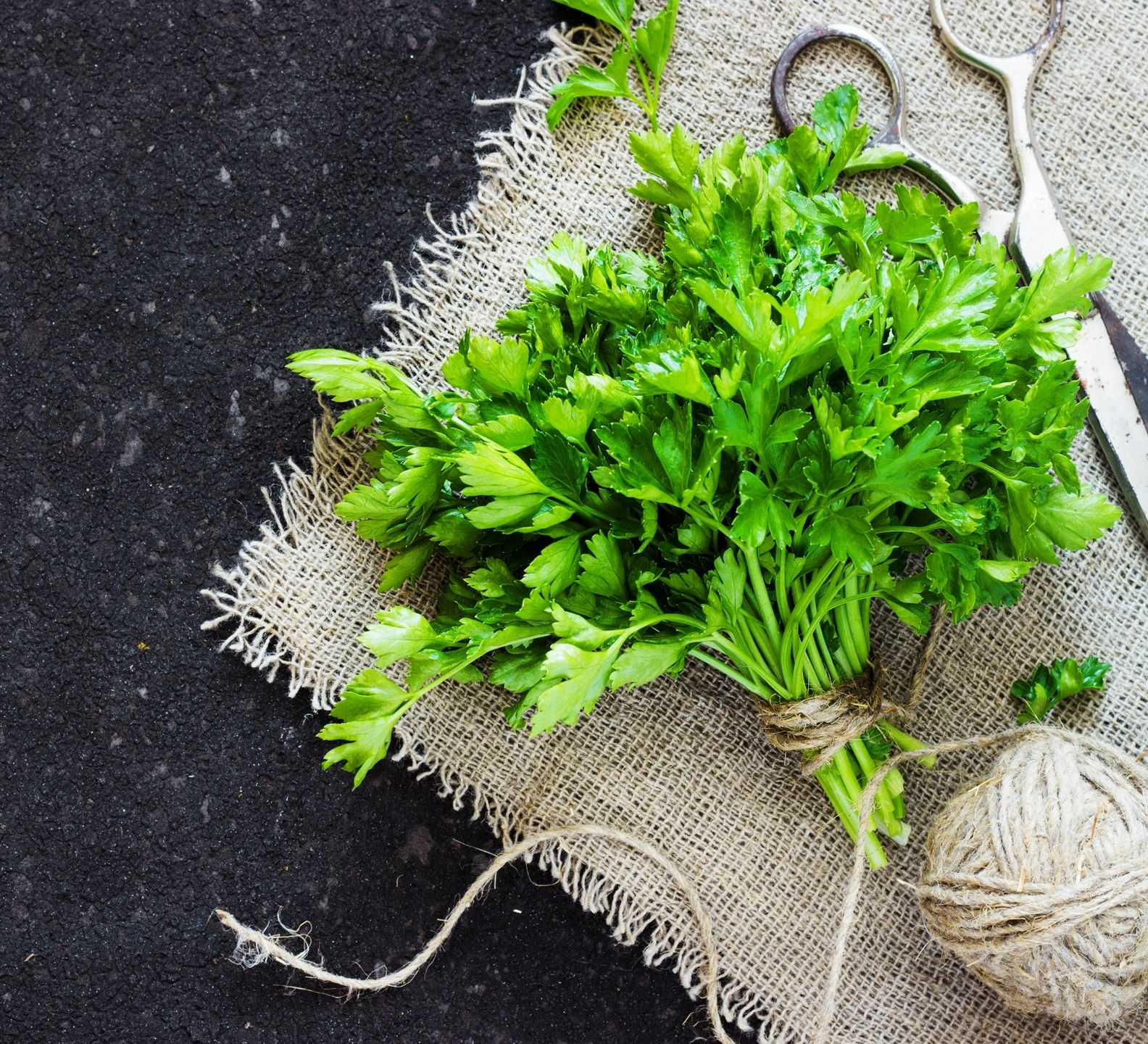We all know that eating organic produce takes chemicals (some seriously dangerous suckers) out of your diet and keeps all the delicious, healthful vitamins and goodies in. Organic produce is more nutritious, not genetically modified, tastes better, and is much better for the environment – it’s an easy sell. Pesticides cause cancer, damage to your nervous system, and reproductive effects. One may say it’s not worth the risk to go conventional at all! Ideally we would all eat everything exclusively organically, but not all of us can afford to go entirely organic. There are a few items you can get away with eating conventionally. Thicker skins that hide the goodness from the chemicals like bananas and grapefruit are usually safe. The vegetables and fruits least likely to have pesticides on them in numerous studies have been onions, sweet corn, asparagus, sweet peas, cabbage, broccoli, eggplant, avocados, pineapples, mangoes, kiwi, and bananas. HOWEVER; Make sure to eat these items below ONLY organically.
Top 15 Fruits and Vegetables to Buy Organic and WHY
- Peaches: Non-organic peaches contain carcinogen iprodione, methyl parathion, an endocrine disruptor, and organophosphate insecticide. Methyl parathion kills bees and birds. According to Consumer Reports, single servings of peaches “consistently exceeded” EPA’s safe daily limit for a child.
- Apples: Non-organic apples contain methyl parathion and chlorpyrifos. Chances are, if you can’t pronounce it, you shouldn’t be putting it into your (or your families) bod.
- Pears: Come nosh ready with methyl parathion, as well as the OP azinphos-methyl, which is fatally toxic to freshwater fish, amphibians and bees.
- Winter Squash: Dieldrin, a chlorinated, carcinogenic insecticide and heptachlor showed up in conventional squash analyzed in labs.
- Green Beans: According to the Green Guide; “Green Beans can contain acephate, methamidophos and dimethoate (three neurotoxic OPs), and endosulfan, an endocrine-disrupting insecticide, which showed up in baby food, too. Acephate disorients migrating birds, throwing them off course.”
- Grapes: Contain methyl parathion and methomyl, a carbamate (an insecticide listed as an endocrine disruptor) and imported grapes contain dimethoate. Consider drinking only organic wine which is sulfite-free (so your hang over will be ten times lighter) and much tastier!
- Strawberries: The fake red color of non-organic strawberries comes from the fungicide captan, a human carcinogen that also is highly toxic to fish. The lethal soil fumigant methyl bromide has harmed California farm workers, and depletes the ozone layer.
- Raspberries: Contain captan, iprodione and carbaryl, a suspected endocrine disruptor that has also been found in baby food. Only feed your baby organic baby food. That is an expense worth taking on.
- Potatoes: Contain dieldrin and methamidophos, and aldicarb. Yum.
- Tomatoes: High in chlorpyrifos and numerous other pesticide residues.
- Cantaloupe: High in chlorpyrifos and numerous other pesticide residues.
- Cherries: 91.4% of all non-organic cherries tested had toxic, incredibly high levels of pesticides.
- Celery: High in carcinogenic pesticides when eaten non-organically.
- Peppers: Sweet bell peppers was the vegetable with the most pesticides detected on a single sample (11 found on one sample), followed by celery and lettuce (both with nine).
- ALL Leafy Greens: Permethrin and dimethoate and DDT have been found on leafy greens.
Click here to download this guide in a handy lil format (to bring with you when you shop or to keep in your wallet). We believe that one day organic produce will be the same price as conventional, but til then, prioritize your groceries. Buy in bulk (when possible), join a CSA, and relish in the joy of a Whole Foods. Make a choice to cut out some things that you don’t necessarily need for what you truly do (non toxic food!).
Can you cut out that weekly manicure, extra taxi, morning latte, splurge purchase, or third martini to make sure your body is chock full of precious vitamins? We think you can!


